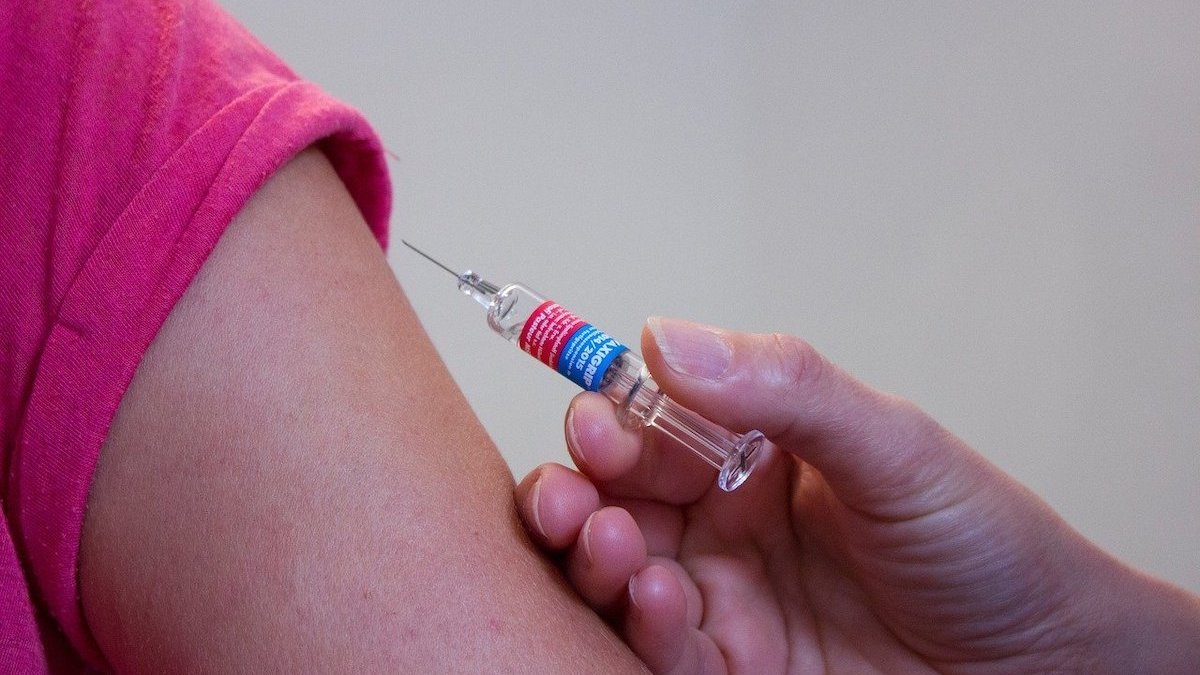James Capretta, a resident fellow and health analyst with the American Enterprise Institute (AEI), a Washington D.C.-based think tank that researches government, economics and social welfare, called for a coordinated effort to distribute vaccine worldwide to prevent COVID-19 infection.
However, he noted that the Trump administration, which he said has a history of shunning collaborative efforts, seems unlikely to lead such a project.
“The ‘America First’ Trump administration has a reflexive aversion to multilateral efforts, no matter how necessary or meritorious they may be,” Capretta said.
In an opinion editorial on the AEI website, Capretta said a vaccine to fight the coronavirus epidemic is being developed by the U.S. under a program called “Operation Warp Speed,” with a goal of 300 million doses available by 2021. Europe, China and Russia have similar plans.
But what about the rest of the world? Capretta asked.
He said roughly half the world’s 8 billion population live in countries where a vaccine will not be available until at least 2022.
The editorial said the U.S. Government has fallen to the sidelines on the issue and two nonprofit organizations are trying to work with the World Health Organization (WHO) to create a global plan titled “COVID-19 Vaccine Global Access (COVAX), to get the drugs available to a wider population.
COVAX officials are striving to make vaccines available to “high-priority” populations by the end of 2021, at least 20% of a country’s population including health care workers, seniors over 65 and those with pre-existing medical conditions.
Funding will be the key to success.
“It is promising, but it depends entirely on having sufficient funds to gain leverage with potential manufacturers. The coming weeks may be decisive in determining its success or failure,” the editorial said.
Bill Gates, long concerned with the possibility of a pandemic and who had warned about the world being unprepared, co-founded and funded the Coalition for Epidemic Preparedness Innovation (CEPI), with offices in London and Washington D.C.
CEPI was involved in the earlier fight against the SARS-Co-V2 virus.
Another nonprofit is the Vaccine Alliance (GAVI) based in Switzerland, whose mission is to bring vaccines to children in the world’s poorest countries. Faced with COVID-19, the organization is attempting to coordinate access to vaccines for most of the world’s countries and not just the poor, in a faster timeline of 18 months.
Getting vaccines on a world-wide basis is a daunting challenge, the report stated. Some vaccines have harmful side effects and will need to be eliminated. Contractual agreements have to be worked out with participants and smaller poorer countries do not have the leverage to acquire vaccines like larger countries do.
Cooperation between countries is required.
“The United States, China, Russia and India have all declined so far to support the (COVAX) plan, and even the countries that have made commitments have contributed sums that are well below what will be required to make the vaccine facility a powerful force in the rapidly evolving COVID-19 battle,” the editorial said.
If the U.S. refuses to lead an international response, it should at least provide financial backing for COVAX, the editorial added. COVID-19 is a worldwide problem that requires a worldwide response.











 Alerts Sign-up
Alerts Sign-up